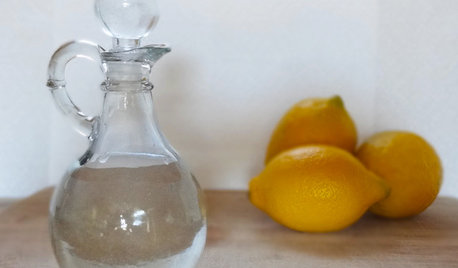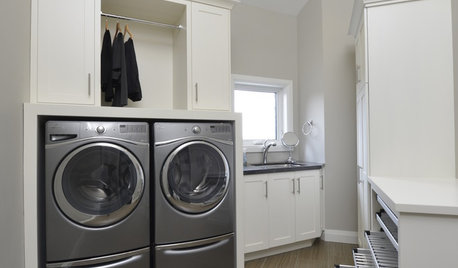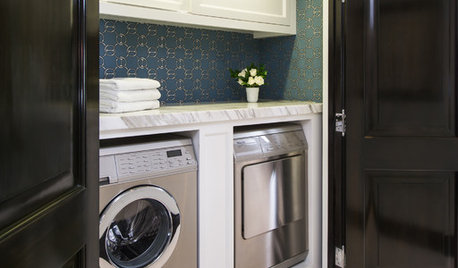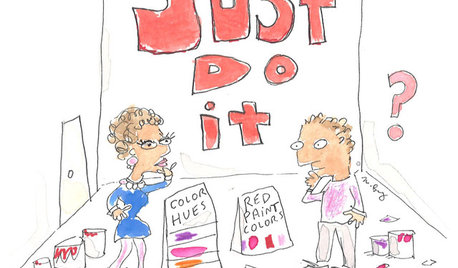White vinegar vs Finish Jet-Dry rinse aid?
Cavimum
10 years ago
Featured Answer
Sort by:Oldest
Comments (37)
whirlpool_trainee
10 years agoCavimum
10 years agoRelated Professionals
Palmetto Estates Kitchen & Bathroom Designers · Plainview Kitchen & Bathroom Remodelers · Glendale Kitchen & Bathroom Remodelers · Lyons Kitchen & Bathroom Remodelers · Mesquite Kitchen & Bathroom Remodelers · Payson Kitchen & Bathroom Remodelers · Rolling Hills Estates Kitchen & Bathroom Remodelers · Skokie Kitchen & Bathroom Remodelers · Tempe Kitchen & Bathroom Remodelers · Toledo Kitchen & Bathroom Remodelers · Upper Saint Clair Kitchen & Bathroom Remodelers · Billings Cabinets & Cabinetry · Effingham Cabinets & Cabinetry · Palisades Park Cabinets & Cabinetry · West Freehold Cabinets & Cabinetrydebrak_2008
10 years agoCavimum
10 years agodebrak_2008
10 years agoCavimum
10 years agosas95
10 years agodebrak_2008
10 years agoCavimum
10 years agobernise6
10 years agoweedmeister
10 years agodadoes
10 years agodebrak_2008
10 years agoCavimum
10 years agodebrak_2008
10 years agojakvis
10 years agosjhockeyfan325
10 years agomoon1234
10 years agosjhockeyfan325
10 years agomoon1234
10 years agowhirlpool_trainee
10 years agoa2gemini
10 years agoJean Dukes
7 years agohomepro01
7 years agoJean Dukes
7 years agoJakvis
7 years agodadoes
7 years agolast modified: 7 years agoJakvis
7 years agoplllog
7 years agoJean Dukes
7 years agoJean Dukes
7 years agohomepro01
7 years agoKevin Erb
6 years agoJean Dukes
6 years agocherylestes
last yearSEA SEA
last year
Related Stories

HOUSEKEEPINGVinegar and Voilà: Clean Your House the Natural Way
Ditch the commercial cleaners for nontoxic, inexpensive and versatile white vinegar
Full Story
KITCHEN DESIGNHow to Keep Your White Kitchen White
Sure, white kitchens are beautiful — when they’re sparkling clean. Here’s how to keep them that way
Full Story
BEDROOMS11 Reasons to Love White Bedding
For easy bedding that makes neutrals sing and accessories pop, look to the white side
Full Story
BATHROOM DESIGNDreaming of a Spa Tub at Home? Read This Pro Advice First
Before you float away on visions of jets and bubbles and the steamiest water around, consider these very real spa tub issues
Full Story
HOUSEKEEPINGHow to Keep Your White Spaces Looking Great
Brighten up your white walls, floors and furniture with these cleaning and maintenance tips
Full Story
MOST POPULAR10 Smart Ideas for Your Laundry Room Remodel
Make washing and drying easier and more comfortable by considering ergonomics, storage and special features
Full Story
REMODELING GUIDESBathroom Remodel Insight: A Houzz Survey Reveals Homeowners’ Plans
Tub or shower? What finish for your fixtures? Find out what bathroom features are popular — and the differences by age group
Full Story
LAUNDRY ROOMSHouzz Call: Show Us Your Wonderfully Efficient Laundry Room
Got a drying rack, a folding table or clever storage in your laundry room? We want to see it!
Full Story
BATHROOM DESIGN4 Secrets to a Luxurious Bathroom Look
Give your bathroom a finished feel with a few splurges and budget-stretching moves
Full Story
LIFEHouzz Call: What's Your New Year's Resolution for the House?
Whether you've resolved to finally finish a remodeling project or not stress about your home's imperfections, we'd like to hear your plan
Full Story








moon1234